Centreofexcellence – Vampirology Diploma Course
Found in ancient history and the modern-day, across cultures and continents, there are tales of revenants, some of which live among us as mortals, yet feed on our lifeblood to sustain themselves. The legend of vampire kind lives on through literature and modern media. But how much do we know about them? Take the Vampirology Diploma Course and find who they are and how they exist.
The Vampirology Diploma Course introduces you to the subject with a definition of the vampire and the etymology of the word itself. It explains the basics of vampire lore, such as how people are believed to become vampires, and how to recognise a vampire.
We’ll look at how vampires were perceived in the ancient world and the legends associated with them, and take a look at the international legends of vampires and how their stories and forms differ between cultures. The course also details the traits and appearance associated with vampires according to lore, going into detail about some of the abilities of vampires.
The course explores what was believed to be methods of protection against vampires and how they can be destroyed, including discussion on apotropaics, vampires’ relationship with garlic and sunlight, and the methods of burial designed to protect corpses from rising as vampires. We’ll explore the vampire graves discovered by archaeologists and how the decomposition process may have led people to believe a corpse had become a vampire.
We’ll look into famous vampire cases from the medieval era to the modern-day and discuss the concept of vampirism arising from a misunderstanding of a variety of diseases. Additionally, the course outlines psychological conditions associated with vampires and how vampires were used as a symbol or metaphor, along with the symbolism of drinking blood.
Today, most of our interactions with vampires are through literature and film – we’ll look at the history of both. The course outlines the most famous and influential works of vampire fiction published since the eighteenth century and how vampires have developed as fictional characters. It also discusses the most famous and influential vampire films and television programmes and how vampires were represented in these mediums.
The course concludes with a discussion on the topic of modern, self-identified vampires. We explore the difference between the various types of self-identified vampires in vampire subculture and how a sanguinarian takes blood and a psychic vampire drains energy. The course also addresses clinical vampirism.
Those who have a general interest in folklore or would like to enhance their knowledge of vampires as part of creating other works (such as writing a novel) are likely to find this course particularly useful. However, as it assumes no previous knowledge, the course is suitable for anyone interested in learning more about vampires and vampirism.
What will I learn on the course?
Certified Course
Accredited Course
Module 1: What is a Vampire?
4 parts
Introduction
Part 1: Definition of a Vampire
Part 2: Becoming a Vampire
Module 1 Assessment
Module 2: Vampires of the Ancient World and Internationally
3 parts
Part 1: Vampires in the Ancient World
Part 2: Vampires Around the World
Module 2 Assessment
Module 3: Vampire Traits
3 parts
Part 1: Vampire Traits in Detail I
Part 2: Vampire Traits in Detail II
Module 3 Assessment
Module 4: Protect and Vanquish
3 parts
Part 1: Background
Part 2: Apotropaics
Module 4 Assessment
Module 5: Death and Burial
4 parts
Part 1: Death
Part 2: Graves
Part 3: Methods of Preventing a Vampire Commonly Seen Archaeologically
Module 5 Assessment
Module 6: Famous Vampire Cases
8 parts
Part 1: Medieval Era
Part 2: Fifteenth Century
Part 3: Sixteenth Century
Part 4: Seventeenth Century
Part 5: Eighteenth Century
Part 6: Nineteenth Century
Part 7: Twentieth Century
Module 6 Assessment
Module 7: Modern Explanations for Vampires
4 parts
Part 1: Contagion
Part 2: Other Conditions
Part 3: Vampires as Symbol and Metaphor
Module 7 Assessment
Module 8: Vampires in Literature
6 parts
Part 1: Eighteenth Century
Part 2: Nineteenth Century
Part 3: Dracula
Part 4: Twentieth Century
Part 5: Twenty-First Century
Module 8 Assessment
Module 9: Vampires in Cinema and TV
4 parts
Part 1: Vampires in Cinema
Part 2: Film Chronology
Part 3: Vampires on TV
Module 9 Assessment
Module 10: Real Modern Vampires
5 parts
Part 1: Background
Part 2: Vampire Subculture
Part 3: Other Types of Vampirism
Conclusion
Module 10 Assessment
Get Download Centreofexcellence – Vampirology Diploma Course at Offimc.click Now!
Sale Page_https://www.centreofexcellence.com/shop/vampirology-diploma-course/
Archive: https://archive.fo/5ebnK
Delivery Information
- Upon ordering the product, a delivery email with download instructions will be sent immediately to you so that you may download your files. If you log in (or create an account) prior to purchase you will also be able to access your downloads from your account dashboard.
- It is a digital download, so please download the order items and save them to your hard drive. In case the link is broken for any reason, please contact us and we will resend the new download link to you.
- If you don't receive the download link, please don’t worry about that. We will update and notify you as soon as possible from 8:00 AM – 8:00 PM (UTC+8).
- Please Contact Us if there are any further questions or concerns you may have. We are always happy to assist!



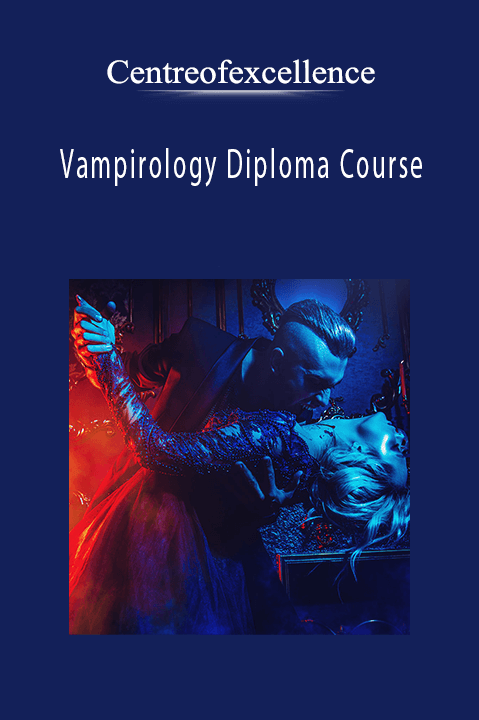

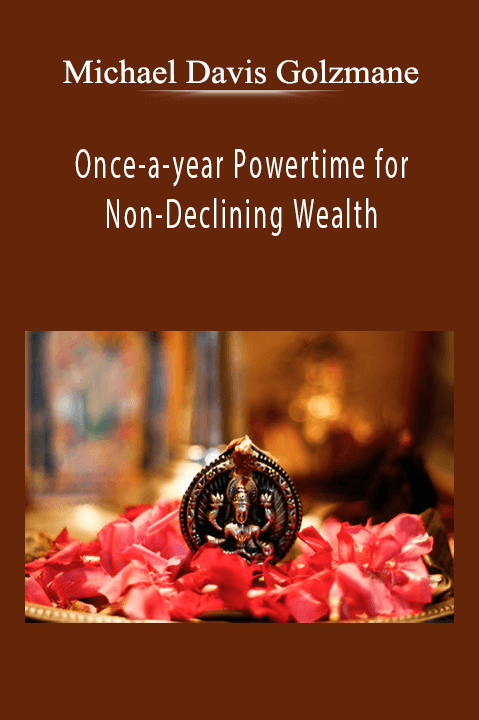

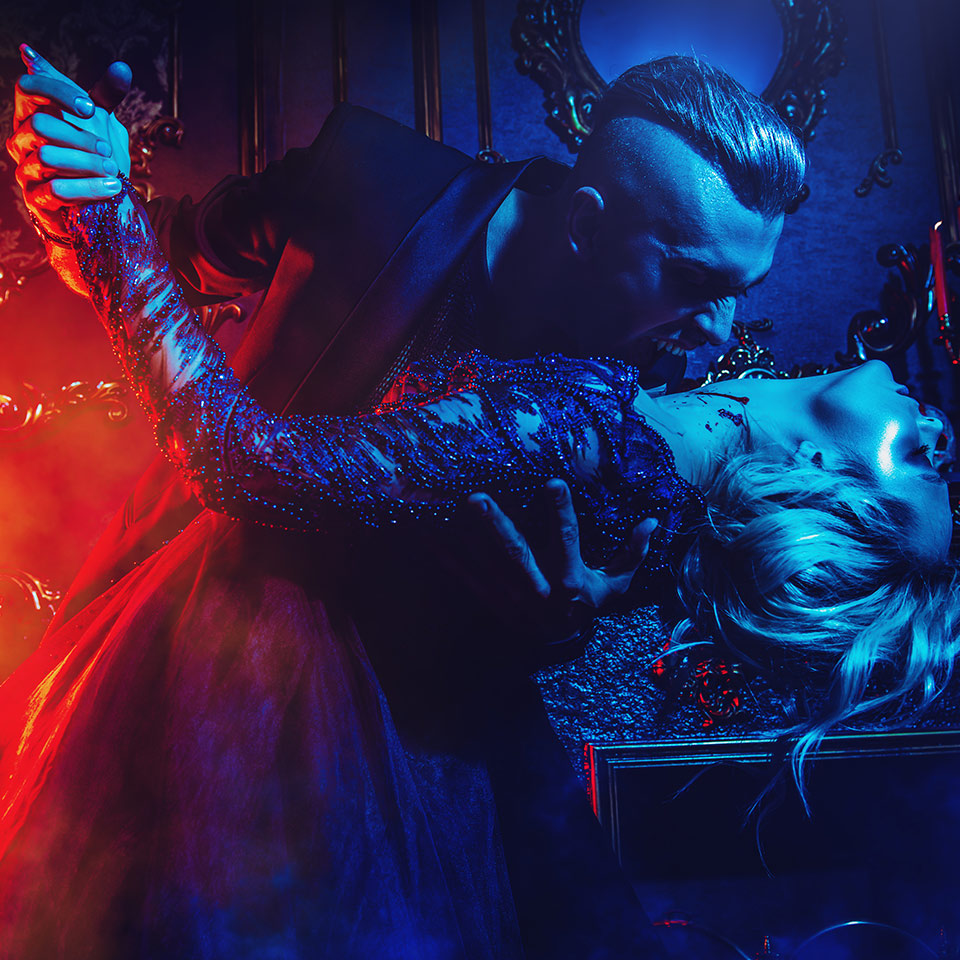
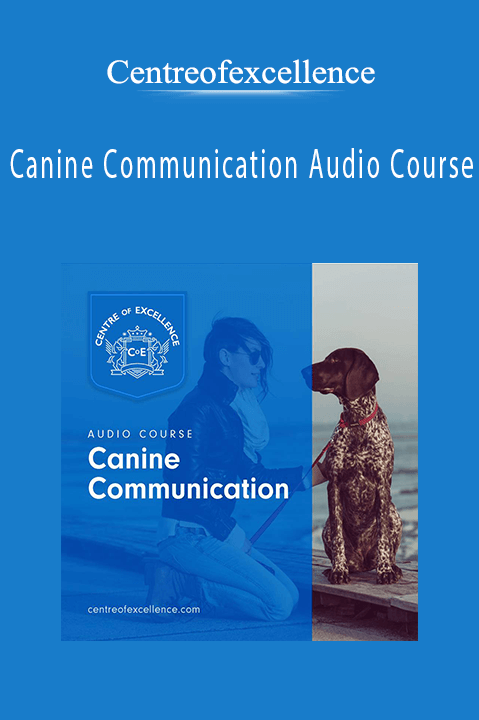
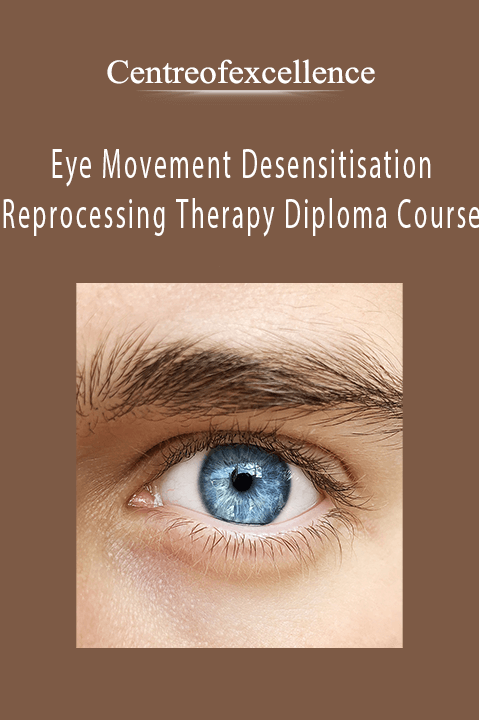
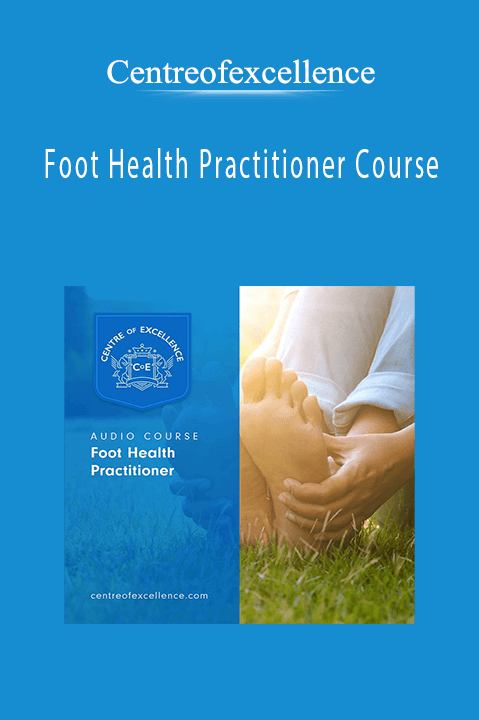

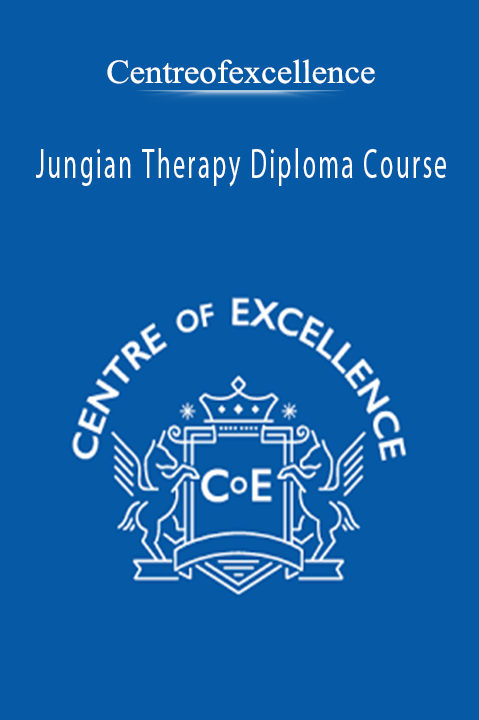
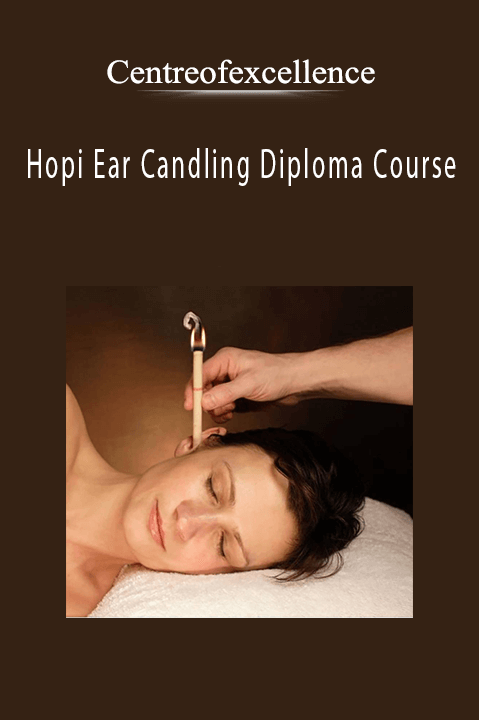
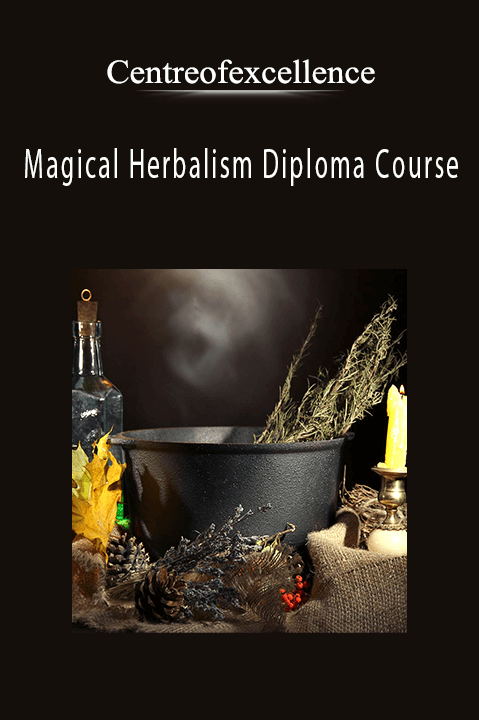
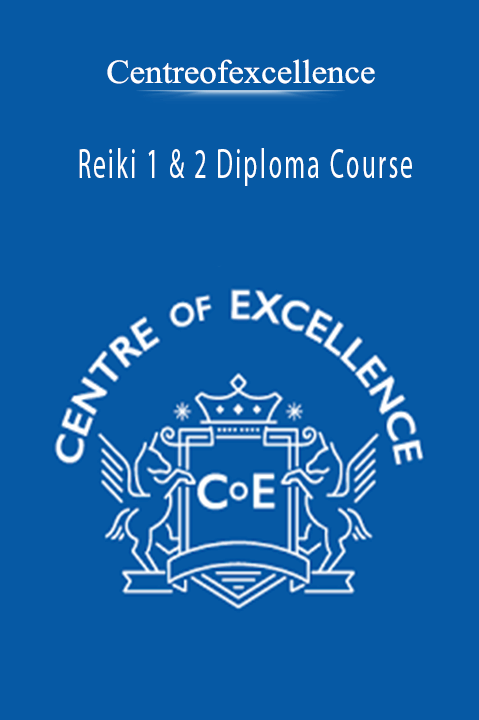
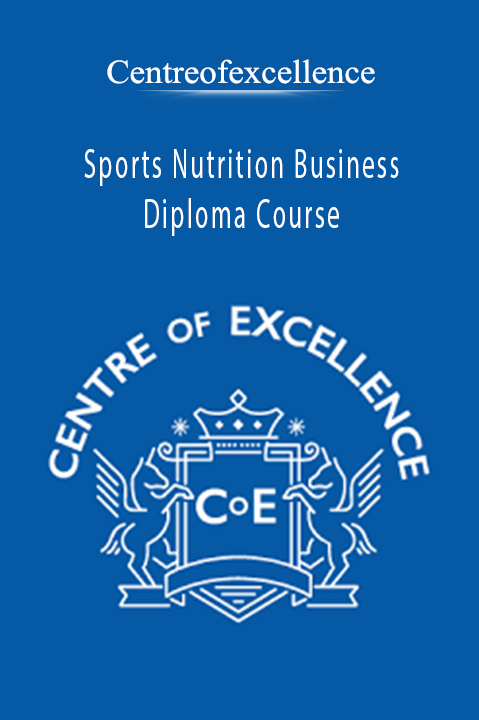

6 reviews for Vampirology Diploma Course – Centreofexcellence
There are no reviews yet.